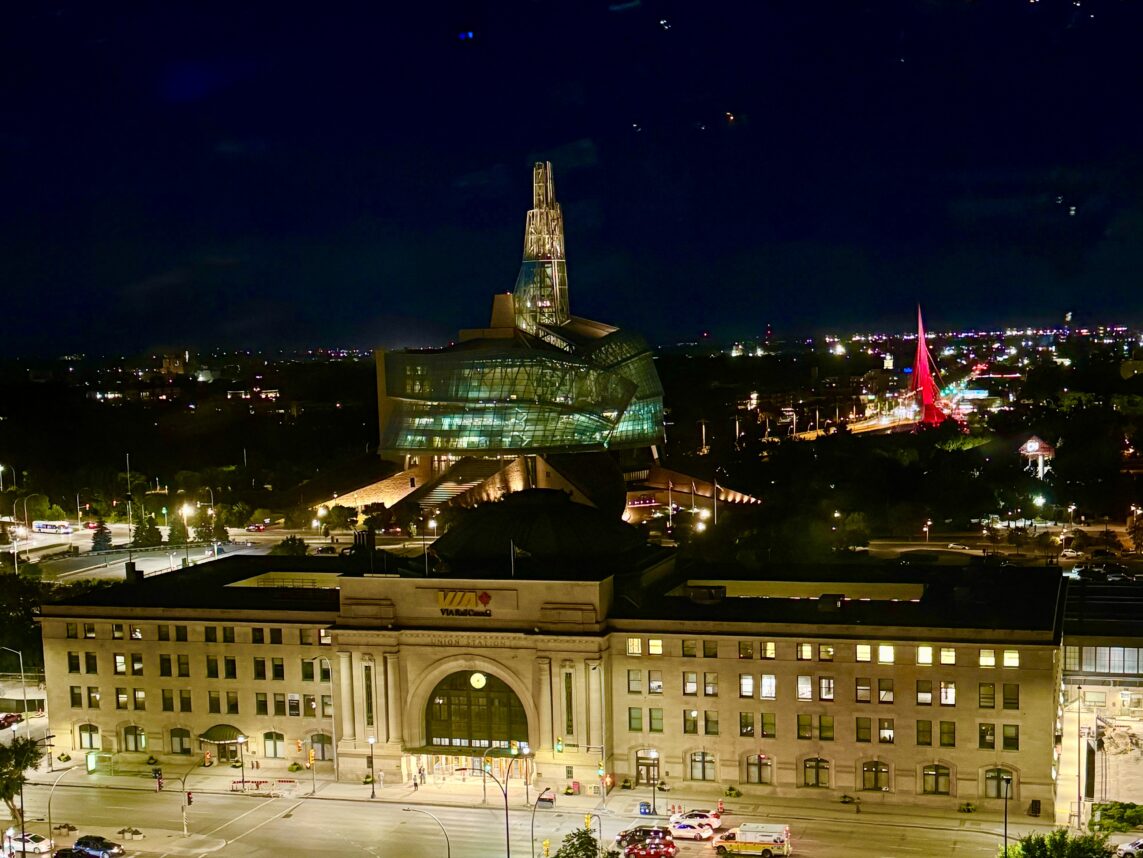Palestinians and Israelis are poisoning each other — no, not just through the normal streams of invective and incitement that characterize the local blame game. The toxic exchanges are much more literal — through noxious reciprocal flows of excrement that provide a definitive — and odorous — answer to the question of what ever happened to the peace process.
According to a recent survey by the Israel Parks and Nature Authority, over 90 percent of sewage from Palestinian towns flows untreated into 162 kilometers of rivers and streams, polluting groundwater aquifers shared by two nations in this fractious land. This means that over 50 million cubic meters of untreated sewage flows into rivers and streams from Palestinian towns (with only 5 million cubic meters treated by largely substandard plants). Israeli settlements in the West Bank compound the problem by releasing about 13 percent of their sewage untreated.
Nowhere is this problem refracted more than in one of the greatest and most beautiful centers of global spiritual and cultural heritage — Jerusalem. Here, the Kidron Valley/Wadi-El-Nar River basin begins in the West Jerusalem neighborhoods of Mea Shearim and Talbieh, skirts the ridges of Mount Scopus and the Mount of Olives, passes through East Jerusalem's Silwan and continues through the Judean Desert to the Dead Sea. Many of the Middle East’s most famous cultural, religious and historic sites dwell in harmony in the valley, along with underground watercourses, monasteries and breathtaking desert landscapes. From the Kidron Valley, Abraham made his journey to Mt. Moriah, Jesus made his way from his Judean Wilderness baptism to the Via Dolorosa, and the Second Caliph Umar ibn Al-Khattab, disciple of Mohammed, sited the Al Aqsa Mosque and the declared the Prophet’s Ascent.
As Reuven Laster, environmental law professor at Hebrew University and chairman of the Kidron River Valley Steering Committee that has authored a master plan for the basin’s development, notes, “Jerusalem, as one of the great centers of civilization, currently serves as a conduit for raw sewage and a depository of solid waste.”
The amount of raw sewage from Jerusalem and the riparian towns in the Palestinian Authority exceeds 15 million cubic meters a year and is projected to increase 5 percent annually. Beyond, or perhaps before, the “final status” of borders and sovereignty agreements, this much more fundamental issue of environmental sustainability is a precondition for precarious political agreements, if they are ever to be achieved. By converting rubbish into resources for development, shared economic interests can emerge that create conditions for political resolutions rather than barriers that continue to undermine them.
The good news is that technology and economic development can solve this problem and increase the opportunities for growth that make co-existence much more likely than endless conflict. By restoring the Kidron Valley, a unique, internationally significant heritage district will increase the number of Christian, Muslim and Jewish pilgrims, eco- and archaeological tourism, and spur agricultural development throughout the Kidron to Jericho and throughout the Jordan River Valley in both Israeli and Palestinian territories.
The first step is the removal of sewage and solid waste from the Valley by joining the five cities and towns comprising nearly 250,000 residents to share a single waste water treatment plant.
Most of the sewage can be converted to useable agricultural water. The facility will not only purify the sewage, it will return purified effluent back to the farms of the valley for agricultural and tourism development. Using proven wastewater recycling technology will solve this problem; Israel already recycles 85 percent of its wastewater. Technology transfer to the Palestinians will mean they can stop pumping scarce groundwater for agriculture needs and have greater resources for economic growth, food exports, and new jobs from tourism. Cooperative work by Israeli and Palestinian experts and local officials have already documented how this could work by setting up a sub-sovereign integrated water basic management district that would benefit all enhanced economic activity in the region without compromising eventual border issues. More than 14 major Transboundary Rivers like the Rio Grande, Danube, Elbe, the Mekong and many others are all managed in this way that minimizes conflicts through integrated water basin management.
No one compromises sovereignty rights by cleaning up the bio solids or solid waste that both nations produce daily. Cleaning up the contaminated river basin, creating water resources, and turning the Kidron into a regional economic and community development asset instead of the deteriorating liability it has become, will spur economic growth and job creation. The project will become self-financing and a model for cross-boundary environmental and infrastructure projects that are desperately needed. If this can be done in Jerusalem, the financial and economic development model upon which it is based can be replicated to the Besor/Hebron, Yarqon, Jenin/Kishon, Zomer/Alexander and other rivers throughout the region.
This story originally ran on Haaretz.com.
Prof. Glenn Yago is Senior Director/Senior Fellow at the Milken Institute, and visiting professor and Dean’s Fellow at the Hebrew University of Jerusalem Graduate School of Business Administration.
The Institute’s Israel Center recently published its report, “Financing Kidron/Wadi-El-Nar River Revitalization: A Bridge to Development”, available in Hebrew and English here.






















 More news and opinions than at a Shabbat dinner, right in your inbox.
More news and opinions than at a Shabbat dinner, right in your inbox.